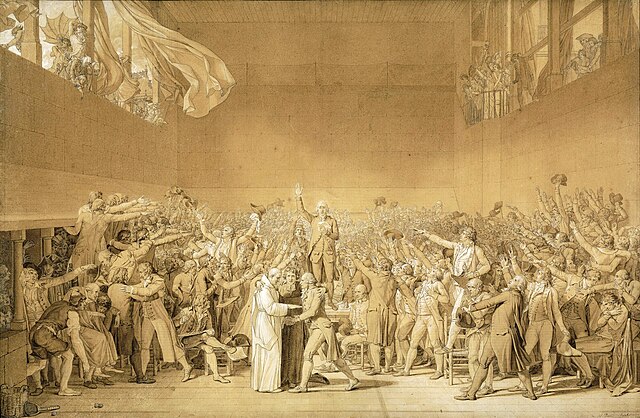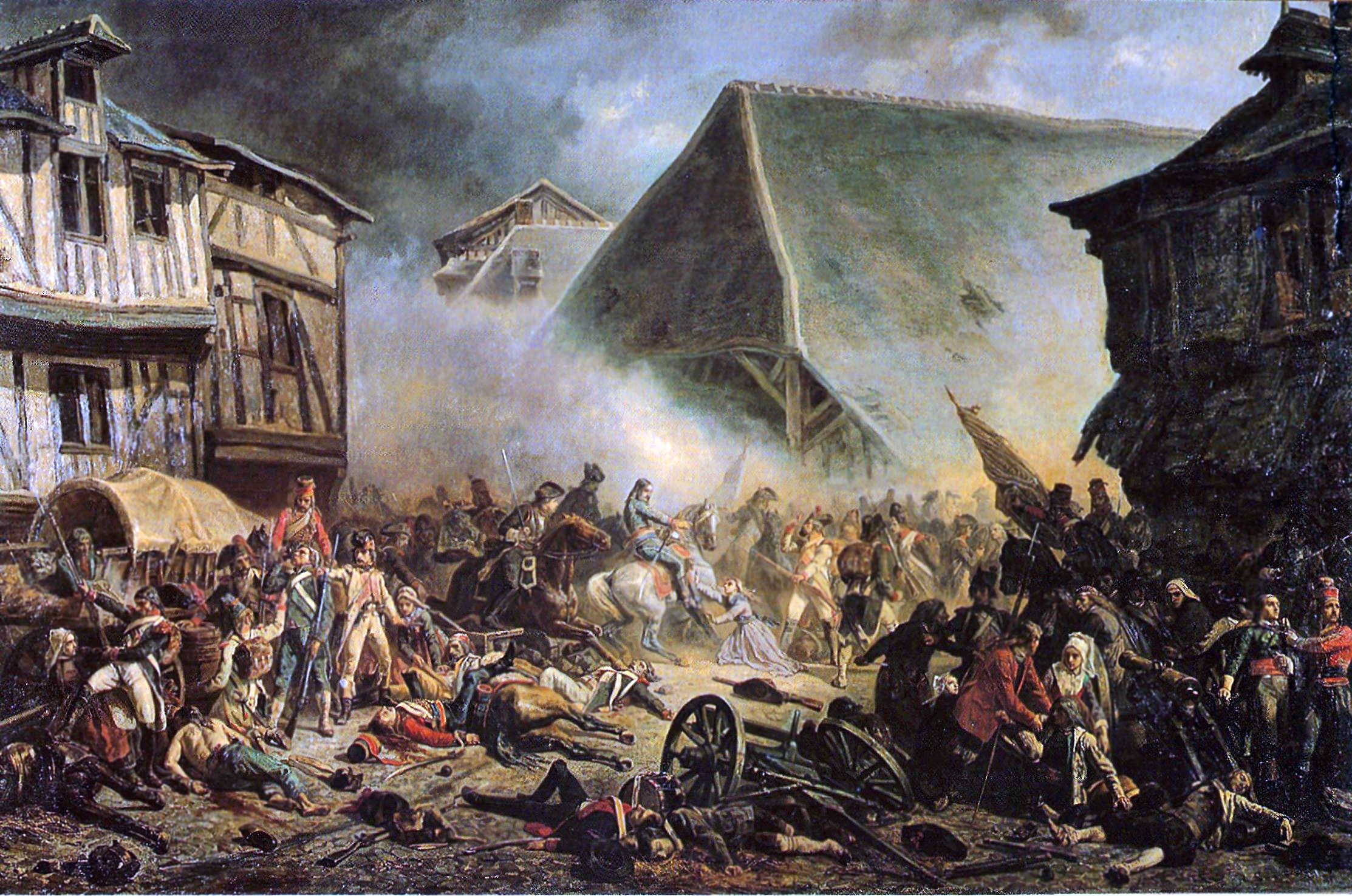
Here are some books that you may find useful during your studies. Search the Bennies catalogue Accessit for more, or browse the Non-fiction collection NFS..
A watershed event in modern European history, the French Revolution began in 1789 and ended in the late 1790s with the ascent of Napoleon Bonaparte. During this period, French citizens razed and redesigned their country’s political landscape, uprooting centuries-old institutions such as absolute monarchy and the feudal system. Like the American Revolution before it, the French Revolution was influenced by Enlightenment ideals, particularly the concepts of popular sovereignty and inalienable rights. Although it failed to achieve all of its goals and at times degenerated into a chaotic bloodbath, the movement played a critical role in shaping modern nations by showing the world the power inherent in the will of the people.
The French Revolution is a definitive feature-length documentary that encapsulates this heady (and often headless) period in Western civilization. With dramatic reenactments, illustrations, and paintings from the era, plus revealing accounts from journals and expert commentary from historians, The French Revolution vividly unfurls in a maelstrom of violence, discontent, and fundamental change.
In which John Green examines the French Revolution, and gets into how and why it differed from the American Revolution. Was it the serial authoritarian regimes? The guillotine? The Reign of Terror? All of this and more contributed to the French Revolution not being quite as revolutionary as it could have been. France endured multiple constitutions, the heads of heads of state literally rolled, and then they ended up with a megalomaniacal little emperor by the name of Napoleon. But how did all of this change the world, and how did it lead to other, more successful revolutions around the world? Watch this video and find out.





French Revolution, also called Revolution of 1789, the revolutionary movement that shook France between 1787 and 1799 and reached its first climax there in 1789. Hence the conventional term “Revolution of 1789,” denoting the end of the ancien régime in France and serving also to distinguish that event from the later French revolutions of 1830 and 1848.